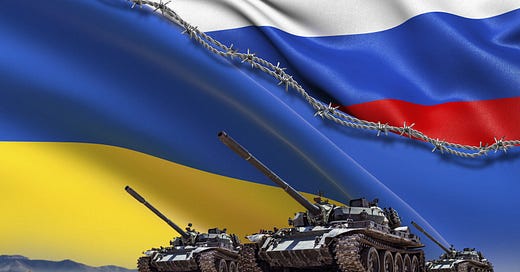Why Are We Really at War in Ukraine?
Everyone gains by breaking up Russia, except Russia.
Rod D. Martin
March 28, 2023
Why is everyone so invested in the war in Ukraine? What does the West (or China) stand to gain?
There is no question: through victory, the United States and the entire world would gain an era in which wars of conquest were confirmed as forbidden. While this is already international law (via the UN Charter), Russia’s flouting of its multiple treaty obligations in its repeated actual and attempted territorial acquisitions has made mockery of this, and the world would do well to re-establish the point. The pre-1945 order is not something to which we should wish to return.
Having said that, though I might wish that were the end of it, it is not.
The astute Tomaž Vargazon here posits a rationale for the West’s investment, that a Ukrainian victory would be a catastrophe for China, leading nearly inevitably to America’s re-establishment as a credible ally, to American alliances with Vietnam and Indonesia, and universally recognized American military superiority for th…




